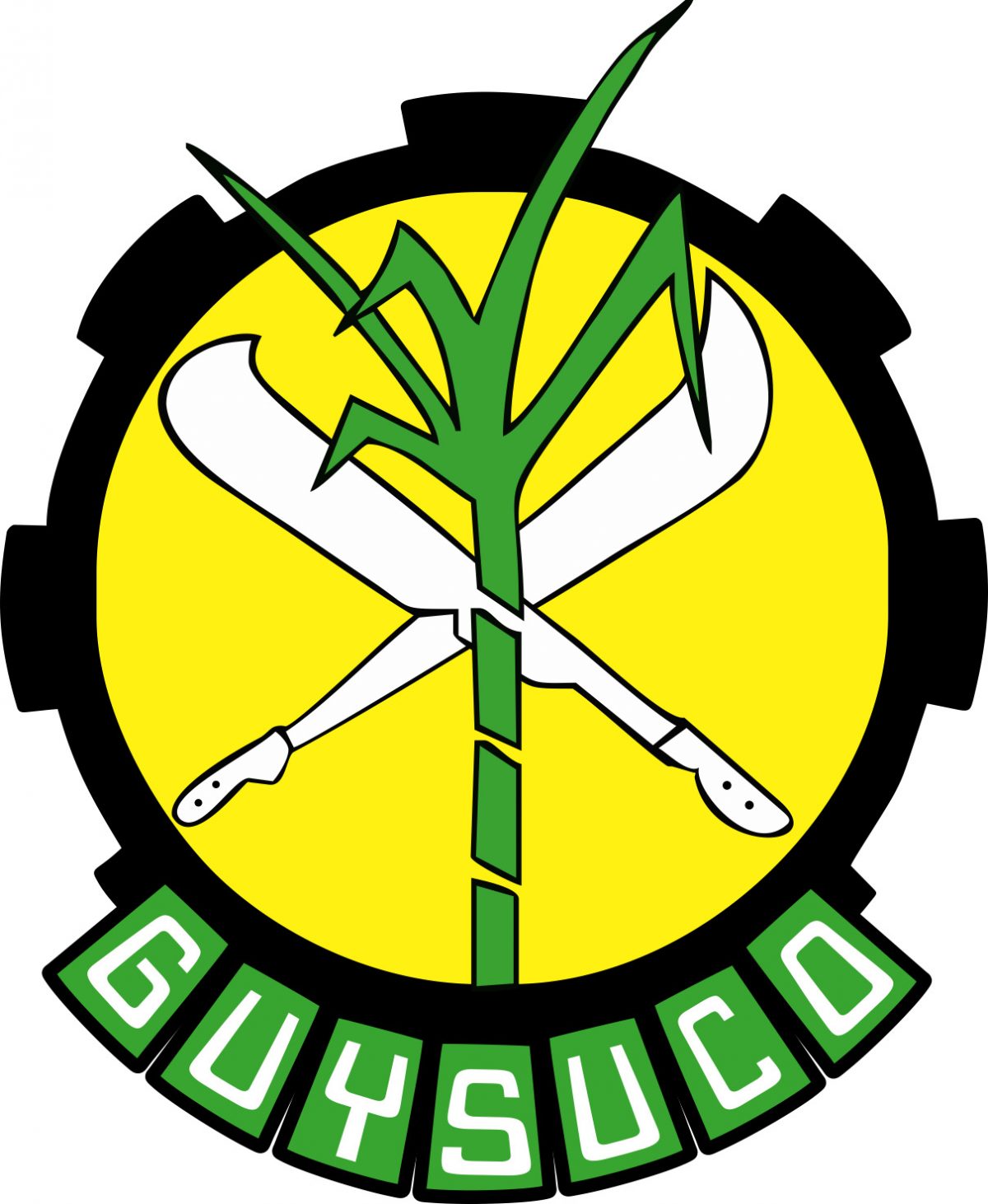The Guyana Sugar Corporation (GuySuCo) is moving ahead with its crop extension plans, President Irfaan Ali told workers attached to the Blairmont Estate during a recent meeting. Confirming the earlier projection of just over 5,000 hectares of cane being planted for the second crop this year, Ali revealed that in 2025, GuySuCo is looking to plant just over 20,000 hectares of land.
Ali said that achieving that first marker would allow for all factories to operate at optimal output with enough cane in the system. “And then next year it should get better because you have 5,000 hectares of land prepared,” he added.
“We are ramping up the production,” Ali said. “We are putting a lot of money in capital expenditure so that we can get all the fields ready, all the fields mechanised. We are looking at higher yielding variety canes.”
According to him, in 2025, GuySuCo should be achieving closer to 140,000 tonnes of sugar, easily. “That is almost more than doubling what we achieved last year,”the President said. “This year, we are pushing to get 100,000 tonnes. We didn’t expect the weather to be so bad in the first crop, which is affecting things. And that is why I wanted to come out to see the factory workers… and the harvesters because this will have an impact on the pay structure. It will have an impact on your livelihood that is why I came out myself.”
Ali told the Blairmont Estate workers that at present there are three issues in the factory. Firstly, he said, “is that your targets are being underutilised because you don’t have enough cane in the system. Secondly, you’re not getting your incentive days. And thirdly, because of the production now, you’re not even getting your full five days, six days or seven days.”
According to the workers, they have been averaging between three and four days.
Ali told the workers that he was present to check on the issues and once the scope of it was fully understood he would return to meet with them. “One thing about this government is that we always responsive. This is not the government that does close industry and put people out of work. That is why I am here myself. I came here myself to listen to y’all,” he said.
Having done that, he said, the government will return to the drawing board and have discussions with the other estates and the union “and then come up with a plan.”
Minister of Agriculture Zulfikar Mustapha had announced last month that GuySuCo was aiming to produce 100,000 tonnes of sugar this year.
Speaking during an outreach in Black Bush Polder, Mustapha pointed out that there was an increase in sugar production in 2023 up from 40,000 tonnes in 2022 to 60,000 tonnes. Part of the increase was attributable to the Rose Hall estate which resumed operations last year.
“This year we have set a target of 100,000 tonnes,” Mustapha had said. “We will do a new 5,000 hectares of cane back at Skeldon. We are now mechanising the industry because with the different and more opportunities coming to Berbice, people are going to different sectors and we can’t abandon what we used to do; things like rice, sugar, fruits and vegetables.
“We have to continue to produce and we have to also change the way we have been doing these things so that we can do it in a more modern way, in a less labour-intensive way and we can produce more.”
Sources had told Stabroek News last year that the Albion Estate was leading the industry as by November it had produced 28,572 metric tonnes (MT) of sugar. The Blairmont estate had so far produced 17,210 MT and the other two estates together had produced 9,227 MT to bring the industry to its 55,009 MT production in November 2023. Official production figures for each estate last year have not been published.
In February this year, GuySuCo said that it was moving full speed ahead with converting fields for mechanised planting at the Albion Estate as it worked towards profitability. Members of the media were given a tour of the Albion backlands where abandoned cane fields, which were once heavily forested, were being converted to beds and replanted using mechanisation. Group Agriculture Engineer Andre Paul had explained that mechanisation was aimed at reducing operating costs in the long term.
Pointing to the fields that were being converted at Albion Estate, Paul explained that initially the fields were narrow Dutch beds running two to three rods in width from one cross canal to another. According to him, that was a “short run” with a centre drain at the middle referred to as a “four-foot” in the sugar industry.
The project was being carried out by Japarts and 2,000 hectares at the location were being converted.






